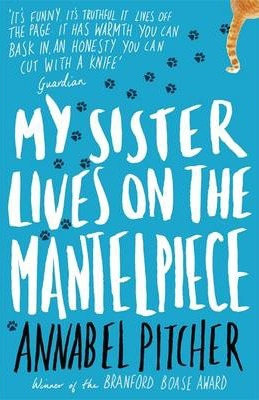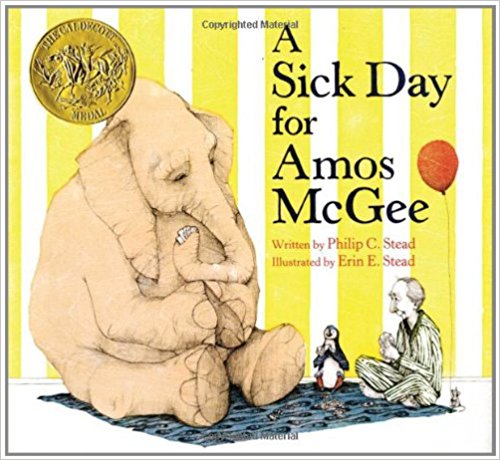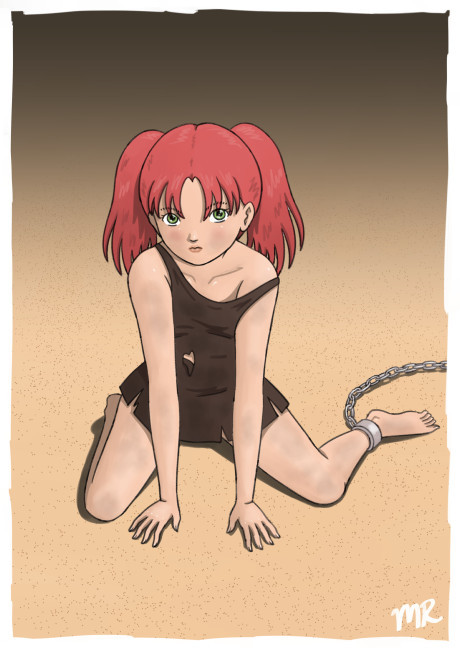
I’ve had a busy week this week and spent much of it feeling a bit rough with a horrible cold that I only shook off on Wednesday night. On Monday I met my supervisor for a discussion about the poems I’d been writing over the summer for the PhD and to my great relief he is pleased about the way my poems are progressing. I’ve been experimenting with using form a lot more. I’ve always wanted to write a specular, or mirror poem and I think I’ve finally managed it, but I’ve also written another poem using a fixed rhyme scheme which I enjoyed. In both the specular and the poem with the fixed rhyme scheme, the form was actually embedded in the first draft without me noticing, and then when I carry on and develop it, it feels like a much more playful experience than writing in free verse.
I’ve been reading bell hooks again this week and thinking about a particular passage in ‘Talking Back: Thinking Feminist, Thinking Black’. She writes that
Feminist consciousness-raising sessions were only the first stage in the process of radical transformation. The next stage would have been the confrontation between women and men, the sharing of this new and radical speech: women speaking to men in a liberated voice.
The use of the word confrontation is interested here, because it’s such a loaded term, with connotations of hostility, arguments,fighting. However a quick internet search on the etymology of the word is revealing – it means ‘to bring face to face’. The negative connotations of the word ‘confront’ only came into place later, in the late 16th century, according to https://www.etymonline.com/word/confront
There is a lot to unpack in that short quote, but I like the idea that poetry could be part of a confrontation, part of a ‘new and radical speech, of women speaking to men in a liberated voice’. This type of poetry might provoke discomfort, but with discomfort comes the possibility or the potential for change and transformation.
So that is part of what I’ve been thinking about – also about the need (is there a need?) for women to write about men, and masculinity, about how this isn’t simple. In fact, whenever a woman writes about ‘men’ in a plural sense, it feels uncomfortable. The last time I read, a man came up to me and said ‘you don’t look old enough to have known all of those men.’ Just one of the strange comments I’ve had from audience members when reading these poems which manage to be insulting through their inference to perceived sexual history.
So apart from all these PhD thoughts, I’ve been to one of the Monday night ‘Carol Ann Duffy and Friends’ reading series – the lovely Andrew McMillan as the guest poet and Keith Hutson as the MA student. Keith took part in a play he’d written as part of the MA course, which was really interesting and made a change from the usual format of the evening, where two or three students read poems. It was also a real treat to hear Andrew read from his forthcoming collection. I’ve been really excited to see what Andrew would do next – his first collection was so bloody good, I was wondering how he would move on from it. But the new poems are pretty amazing – he is still writing about masculinity and sexuality, but from a different angle – I guess more looking at how they emerge or come into being. And from hearing them, the poems seemed more narrative, less fragmented than some of the poems in the first collection, more expansive somehow. His second collection ‘Playtime’ will be published by Cape next summer I think – so that is something to look forward to!
Because of my horrible cold, I cancelled my Kendal Poetry Festival meeting, which was supposed to be on Tuesdayand we did as much as we could over the phone instead. I dragged myself out to do the joint judging of the children’s poetry competition with Geraldine Green and Ron Creer for Dalton Lit Fest on Tuesday afternoon, and made sure I kept a safe distance away from Geraldine and Ron, so hopefully they didn’t catch my germs. Afterwards I went straight back to bed for a couple of hours and then it was back out to a Soul Survivors gig. We were playing at a wedding – and I disgraced myself by crying when the bride sang a song. The singing was lovely, but it was seeing her dad cry that set me off.
On Wednesday I went to a course at Salford University – ‘Writing Critically About Creative Practice’ which was really interesting. I’m hoping this is going to help with my ‘academic tone’ writing. As part of the course we get two 50 minute sessions with a Royal Literary Fellow who will look at a short piece of our writing, and then another full days session in January.
The most exciting thing that happened to me this week was doing Park run on Saturday. I managed to knock about 20 seconds off my PB, so I’m now done to 21.34 for 5k – never would have thought I would get down to that! But now I want to get closer to 21 minutes – and so it never ends…
This week’s Sunday Poem is the marvellous Matthew Stewart, who has just had his first full collection The Knives of Villalejo published by Eyewear. Matthew lives between West Sussex and Extremadura. Following a comprehensive school education he took a degree in Modern Languages at St Peter’s College, Oxford. He works in the Spanish wine trade and has published two pamphlets with HappenStance Press (Inventing Truth, 2011 and Tasting Notes, 2012). He runs an excellent poetry blog Rogue Strands and has been published in Ambit, London Magazine and The Rialto.
Matthew was kind enough to send me a copy of his pamphlet a while ago and I finally got around to reading it this week. I’ve really enjoyed it – most of the poems are fairly short and succinct but they contain some beautiful lines. Take for instance ‘Home Comforts’ where he writes ‘a kettle won’t seem to whistle/like the owner of a loose dog/calling it back, calling it home’ or in ‘El Castillo De Villalejo’ where he writes ‘Dark vines rise up against the sky/like the flailing arms of a man’.
Matthew has kindly said I can post a poem called ‘Twenty Years Apart’, which was first published in The Next Review. I thought it was an interesting piece as it seems to pick up on one of the themes that seem to be threaded throughout this collection, which is that of being an outsider, of someone looking in.
This sense, of not quite belonging, is established right from the first line, with that lovely alliterative line ‘With a synchronised swivelling of necks’. This is a strange poem though. The speaker says that the ‘they’ in the poem’welcome me in’ yet it doesn’t sound like a welcome, with the ‘swivelling of necks’ and the ‘coughed silence’ and what appear to be locals ‘wincing as I order’.
The outsider is always an outsider, where in Villalejo or Oxford. When the speaker in the poem urges the reader to ‘Ignore the smells, swap Spanish for English’ the reader starts to realise the speaker is an outsider where ever he goes.
The structure of this poem is interesting as well – with the binaries of Spanish/English and Villalejo/Oxford set up to mirror each other, which is also reflected in the mirroring of the first and second stanza with its short last line and then that lovely line which mirrors itself internally: ‘Muttered stories mirror muttered stories’.
In the first stanza you might be forgiven for thinking, when you read the fourth line ‘a soft hubbub resumes’ that the other people are in the background. However, by the end of the poem,the reader realises that it is in fact, the speaker who is always in the background, looking in.
Thanks to Matthew for letting me post this poem and if you’d like to order The Knives of Villalejo you can do so from Eyewear here.
Twenty Years Apart – Matthew Stewart
With a synchronised swivelling of necks
and a coughed silence, they welcome me in,
wincing as I order. Once I’ve sat down,
a soft hubbub resumes.Ignore the smells, swap Spanish for English,
back streets of Villalejo for Oxford.
Muttered stories mirror muttered stories.
I’m still in the background.
Advertisements Share this:





